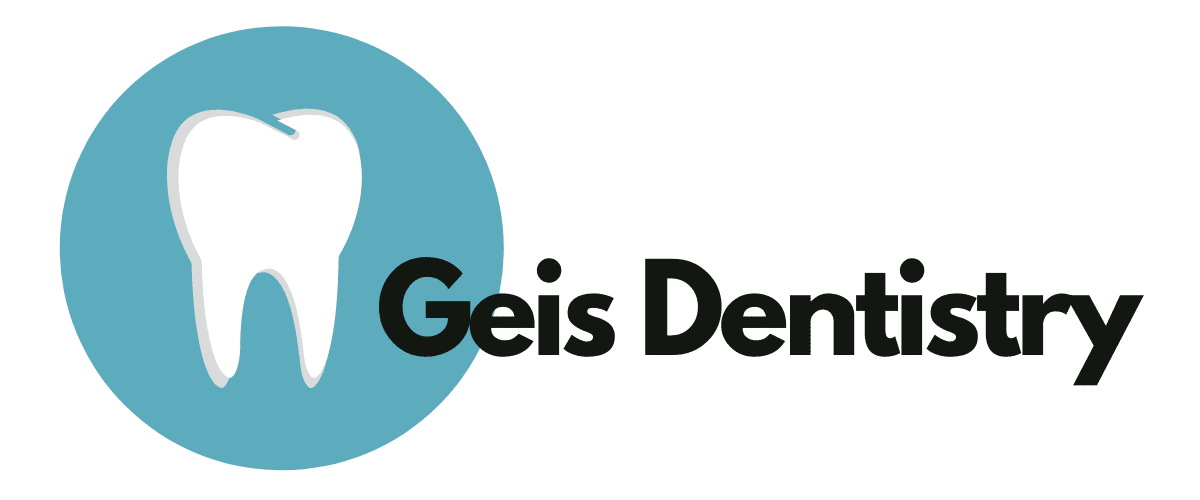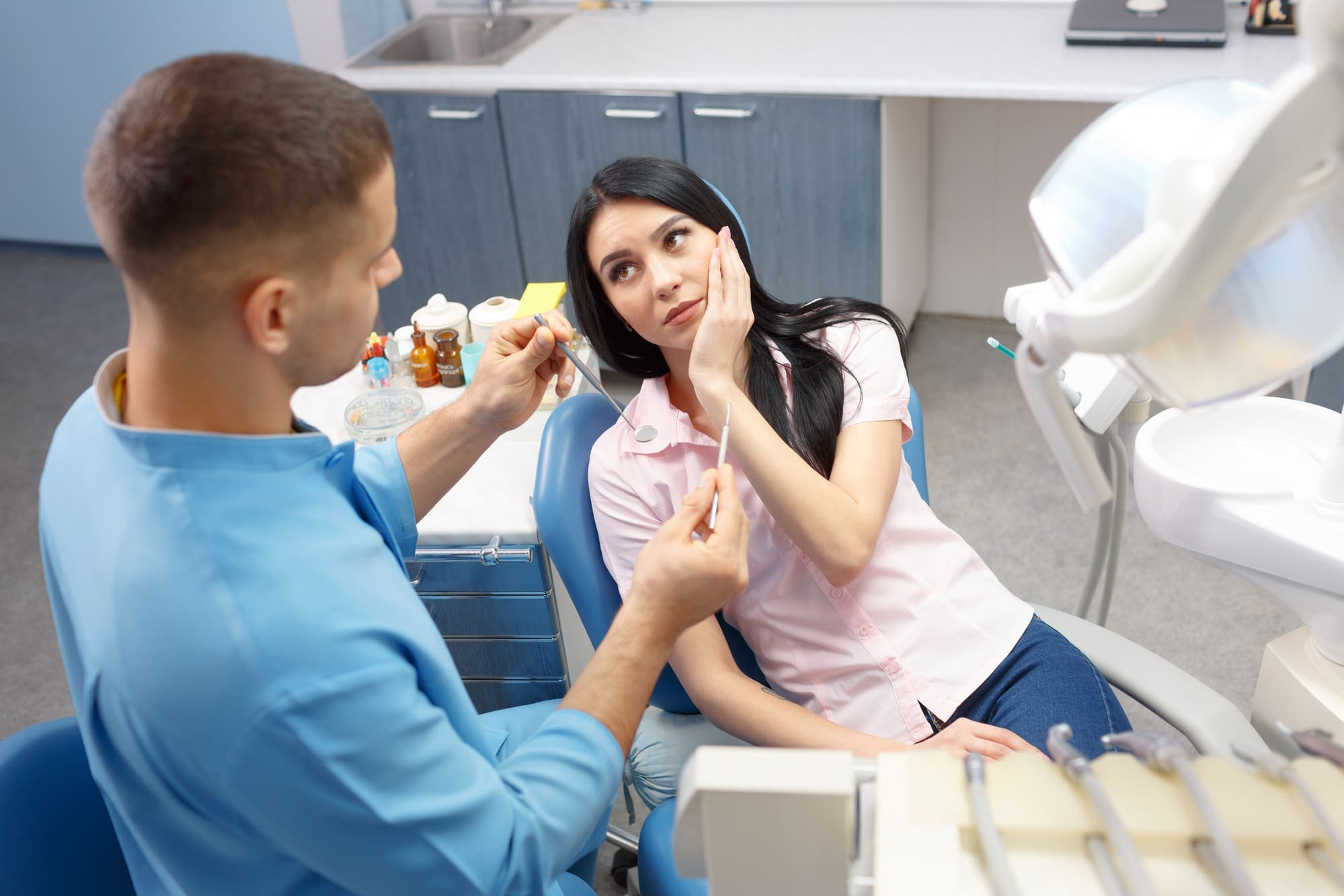Wondering how long it takes to recover from a tooth extraction? Recovery time can vary widely depending on the complexity of the extraction and the individual’s overall health. Generally, the initial healing period may take a few days, but it can take weeks for complete recovery.
Understanding the Post-Tooth Extraction Healing Process
The recovery period after a tooth extraction can vary significantly from person to person, depending on factors such as the complexity of the extraction, the individual’s overall health, and adherence to post-operative care instructions. Generally, the initial healing phase, where the blood clot forms in the socket to protect the underlying bone and nerves, takes about one to two weeks. During this time, it’s crucial to follow your dentist’s guidelines to avoid complications like dry socket. For a more detailed understanding of what activities might impact your recovery timeline, you might be wondering, When can I exercise after a tooth extraction? Knowing when it’s safe to resume physical activities is an essential part of managing your healing process effectively.
As the days progress, the soft tissues start to heal, and discomfort should gradually decrease. It’s important to monitor the healing site for signs of infection or unusual pain, as these could indicate a need for further medical attention. By the third week, most patients feel significantly better, although it can take several months for the jawbone to fully heal and remodel where the tooth was extracted. Throughout this period, maintaining good oral hygiene and attending follow-up appointments with your dentist are key to ensuring a smooth and speedy recovery. Remember, understanding the post-extraction healing process is vital in setting realistic expectations and aiding in a complication-free recovery.
Risks of Cold Beverages Post-Surgery
After a tooth extraction, it’s important to be cautious about the types of beverages you consume. While iced coffee might seem like a soothing choice, it’s essential to understand the potential risks associated with cold drinks following dental surgery. The area where the tooth was extracted is sensitive and healing, and exposure to extreme temperatures can sometimes lead to discomfort or complications. Cold beverages can cause the blood vessels in the surgical site to constrict, potentially slowing down the healing process or leading to increased sensitivity.
Moreover, the sucking motion required to drink beverages through a straw, which is often how iced coffee is consumed, can dislodge the blood clot that forms in the socket—a condition known as dry socket. This can result in delayed healing and increased pain, which is why many dental professionals advise against consuming cold drinks through straws after an extraction. For those seeking professional advice on post-surgical care, consulting with Local Aurora Tooth Pulling Experts can provide guidance tailored to individual needs and circumstances.
Optimal Timing for Iced Coffee
When discussing the general timeline for recovery from a tooth extraction, it’s important to consider various factors that can influence individual healing processes. While the subject of consuming beverages such as iced coffee is often brought up, it’s essential to understand that each person’s situation is unique. The body’s response to such procedures and how it heals can vary widely based on a multitude of elements, including overall health, the complexity of the extraction, and adherence to post-operative care instructions provided by healthcare professionals.
Iced Coffee Alternatives for Recovery
During the recovery period after a tooth extraction, it’s important to avoid hot beverages, which can disrupt the healing process. While iced coffee might seem like a suitable substitute, the caffeine and acidity may still pose a risk of irritation or discomfort. Patients should consider other cold beverages that are gentle on the mouth and conducive to healing. It’s always best to follow the advice of your healthcare provider regarding post-operative care and dietary choices. For those in the Aurora area seeking professional dental guidance, Geis Dentistry is available to address any concerns regarding oral health and recovery.
Dental Advice on Post-Extraction Diet
The duration of recovery from a tooth extraction can vary significantly depending on individual circumstances and the complexity of the procedure. A critical aspect of the healing process is adhering to appropriate dietary practices as advised by dental professionals. After an extraction, it’s generally recommended to consume soft foods that require minimal chewing, thus reducing the risk of disturbing the extraction site. It’s also important to stay hydrated and avoid extreme temperatures in foods and beverages to prevent irritation. Consulting with a dental professional will provide personalized guidance tailored to your specific situation, ensuring a smooth and efficient recovery period.
Conclusion
Recovery times can vary, but if you have any concerns or questions, don’t hesitate to read our reviews on Google Maps and call us at 303-750-4250.

